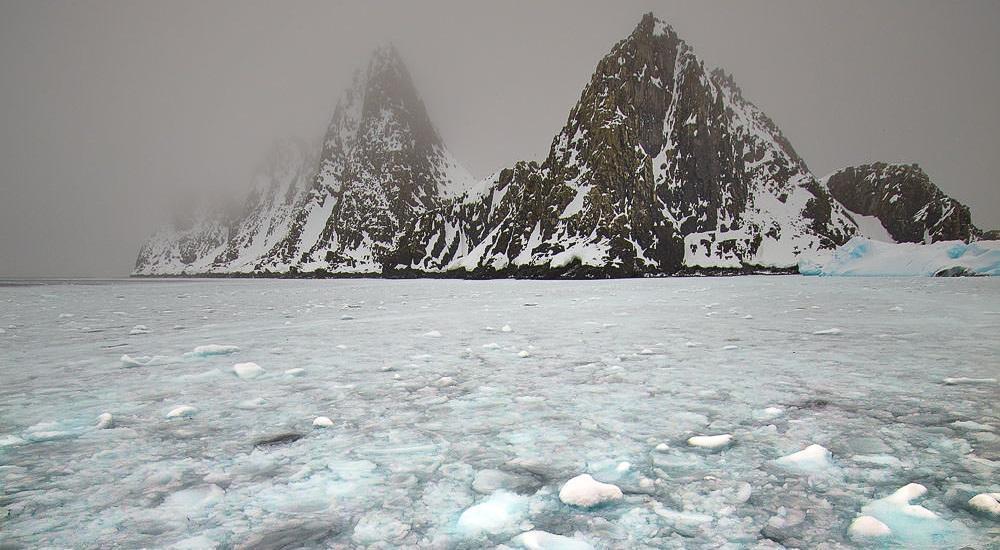Arctic expedition cruising provides travellers with the opportunity to get closer to nature, observe wildlife, as well as gain cultural experiences via visiting local communities.
In order to carry out those activities in a sustainable and responsible manner, expedition leaders and guides are trained in areas like safety, environmental considerations, community engagement, and cultural sensitivity.
With the goal of creating a standardized approach to field staff competency, AECO and IAATO (The International Association of Antarctic Tour Operators) have worked in partnership in order to develop standards for field staff working onboard expedition cruise ships in polar regions.
The recommended standards have been approved for AECO operators at the Annual General Meeting on October 15. For now, the standards are adopted as "recommended industry standards" that might evolve to become mandatory for members of AECO.

According to Frigg Jorgensen (AECO's executive director), the new standards would help ensure a high level of competency among polar field staff.
“Field staff are some of the most important decision-makers in our industry. They are on the frontline of operations where important decisions are made a wide range of areas, and they deal directly with guests. AECO’s members put great emphasis on training their guides and expedition leaders to deal with both day-to-day tasks as well as unplanned situations that may occur. The AECO & IAATO Field Staff Standards build on these existing training practices among members and establishes minimum requirements for staff qualifications. Adopting these recommended standards will benefit the cruise industry, the areas visited and the guests on board, as well as the field staff.”
The new standards have been compiled by experienced cruise operator representatives and will be developed as the industry gains experience in using those standards in practice. The recommended standards cover areas like first aid, crisis management, navigation, marine radio, tender boat driving, firearms, onboard ship safety, and polar bear safety.
The intention is not to design a set of courses, hosted and operated by AECO or IAATO, but to set minimum standards that can be achieved through new or existing courses and training.